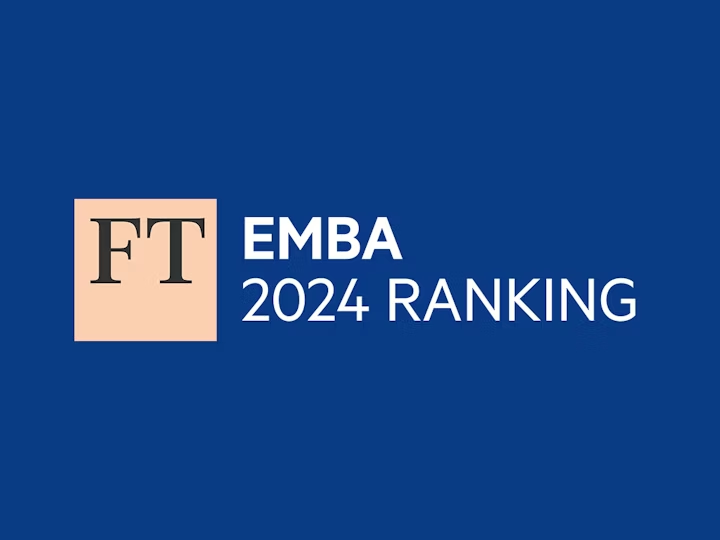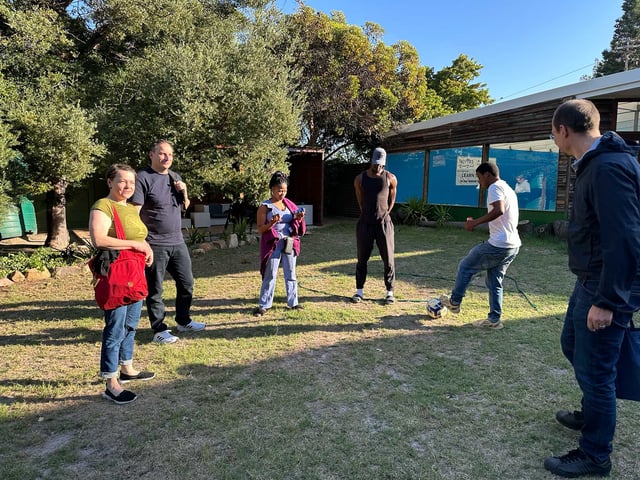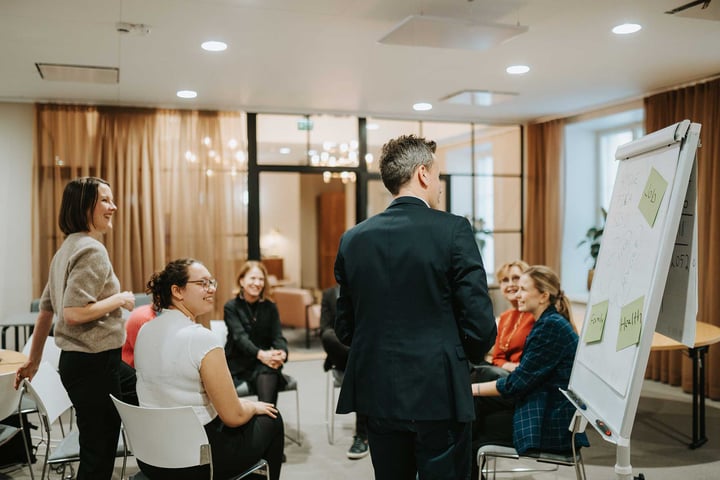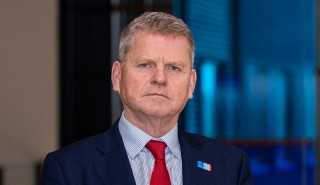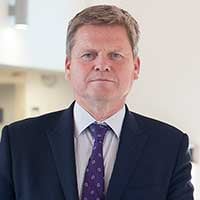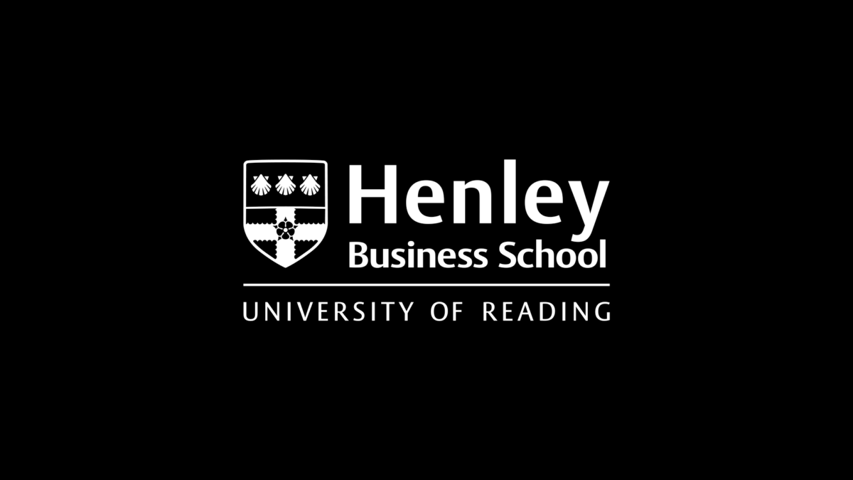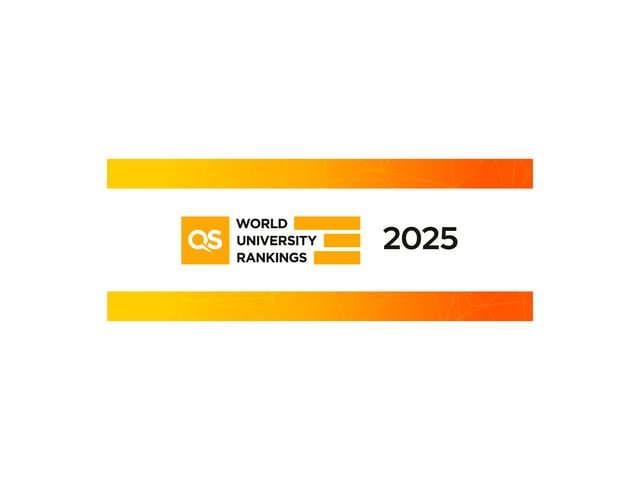Dear alumni, partners and friends,
In common with people all over the world, we look on in horror as we witness the dreadful human cost of the Ukraine’s invasion by Russian military forces.
I am touched by the kindness, humanity and resolute integrity of our University community, coming together to support others who may be affected by events. I am grateful to all those colleagues and students who have contacted me in recent days, expressing their solidarity with all those who are suffering, and asking what we can do, as individuals and as an institution, to support people who are in need.
Our priority, now as always, is to members of our community – our students, colleagues, and neighbours. We have already been in direct contact with colleagues, current students and applicants who we believe may be personally affected, and have offered them support where we are able. Of course, there will be others of whom we are not aware, with close personal connections, or just those who are deeply affected by the news for other reasons, which makes this violence all the more distressing. I would ask us all to look out for one another, and to seek help from friends, and elsewhere, if you need it.
Of course, we all hope for an end to the invasion and the violence it has created, and a swift, peaceful resolution. At such times, we must look to our own actions to see if anything we could do might help to bring this about. I have therefore asked University colleagues to review any activities that might support the government of Russia, which is responsible for the invasion. We will then examine these activities in detail and announce any change in policy in due course. At the same time, we must take care to avoid actions that could injure members of our community or others, purely on the basis of their nationality or country of birth.
I am proud to see that nearly 1,000 students and staff of the Moscow State Institute of International Relations, MGIMO, have written an open letter to the President of the Russian Federation expressing their categorical opposition to the invasion, and calling for its immediate end. MGIMO is Russia’s leading institution for the study of politics, international relations and global law, with whom Reading has had a strategic partnership since 2013, leading to a successful programme of academic exchange. I will do all I can to support these colleagues and students, who are applying their knowledge and principles to stand openly in defiance of the Russian leadership and call for peace.
I very much hope that this situation will bear little resemblance to former European conflicts; yet, I am struck yet again how the University of Reading’s history provides an inspiration for present times. Members of our University have, for more than a century, given their time, their skills, and at times their lives to fight for peace.
I am extremely grateful to those students and colleagues today who are already working to support refugees, community groups and others who need help. I am also proud of our academic colleagues who are putting their expertise to use, providing analysis and explanation to the public about what is happening via media and social media.
Demagogues build wars from lies and ignorance; but we can counter this with truth and understanding. This is the currency of our University. We are well-placed, and have a duty, to deploy facts in pursuit of peace.
Kind regards,
Robert Van de Noort
Vice-Chancellor, University of Reading
Henley Business School is part of the University of Reading.
